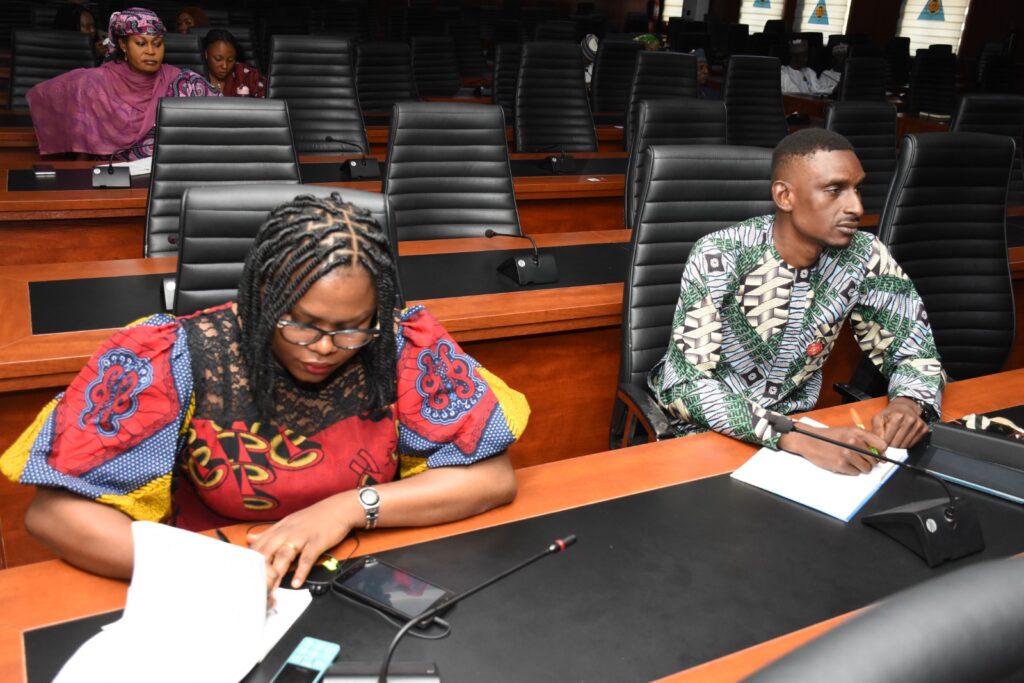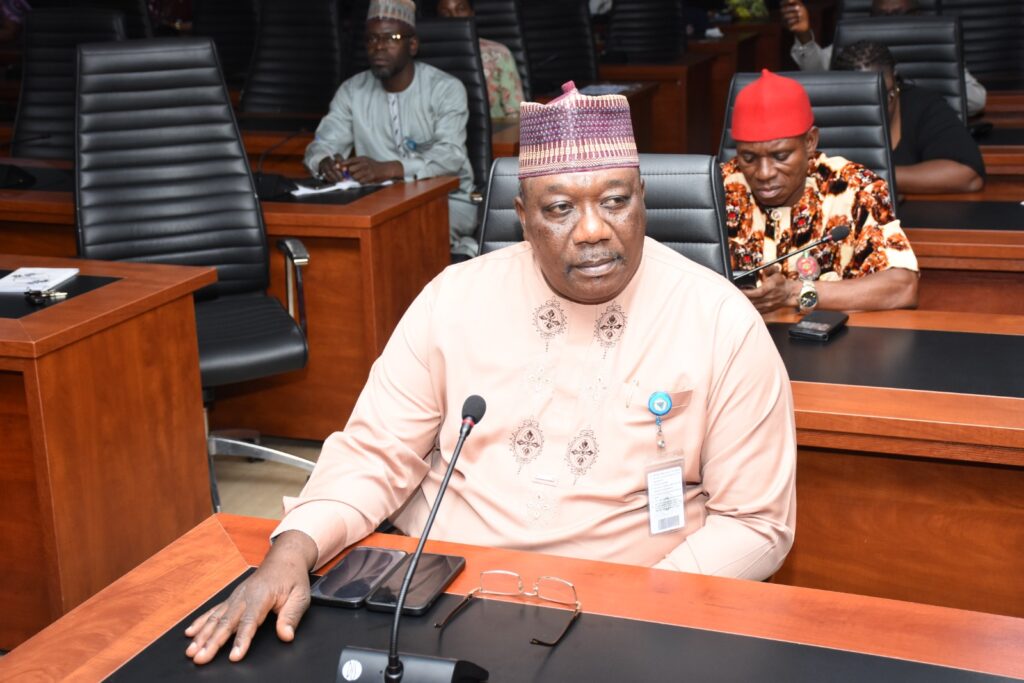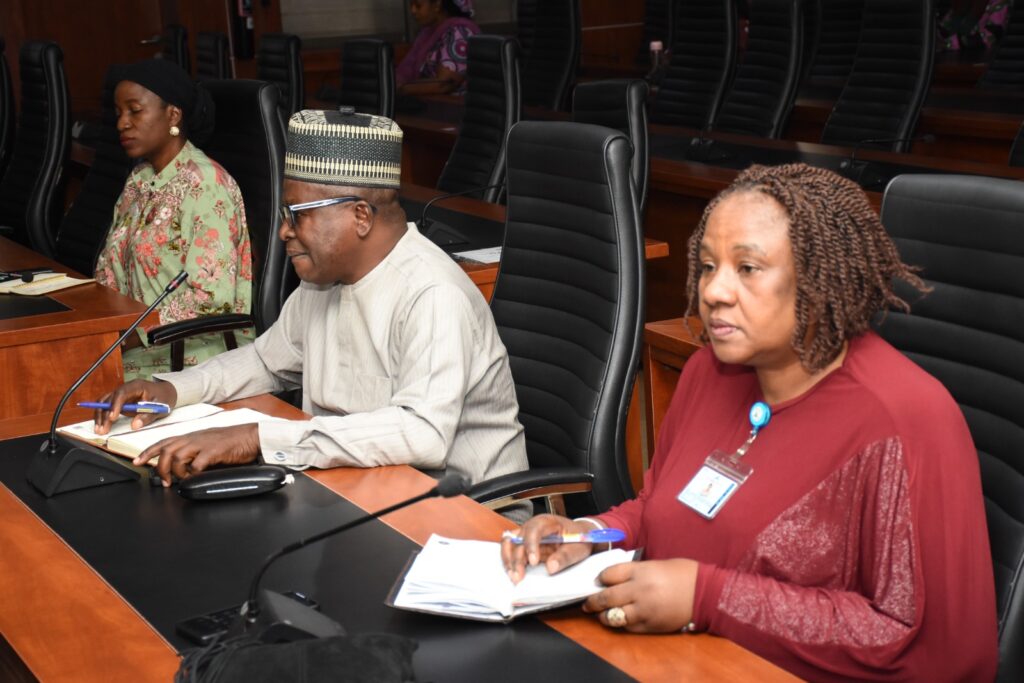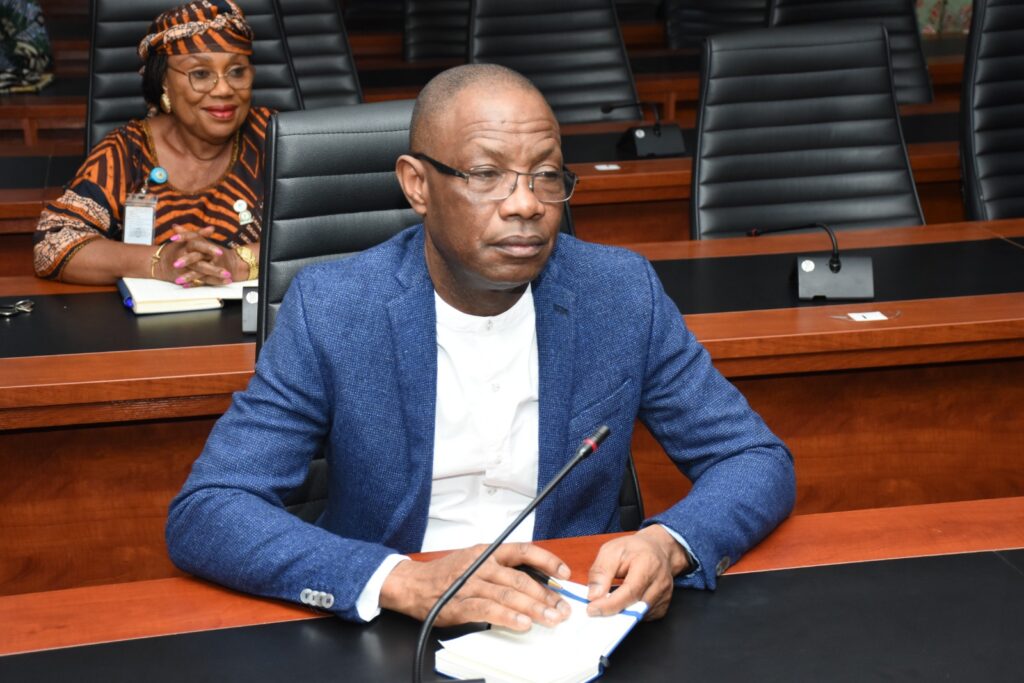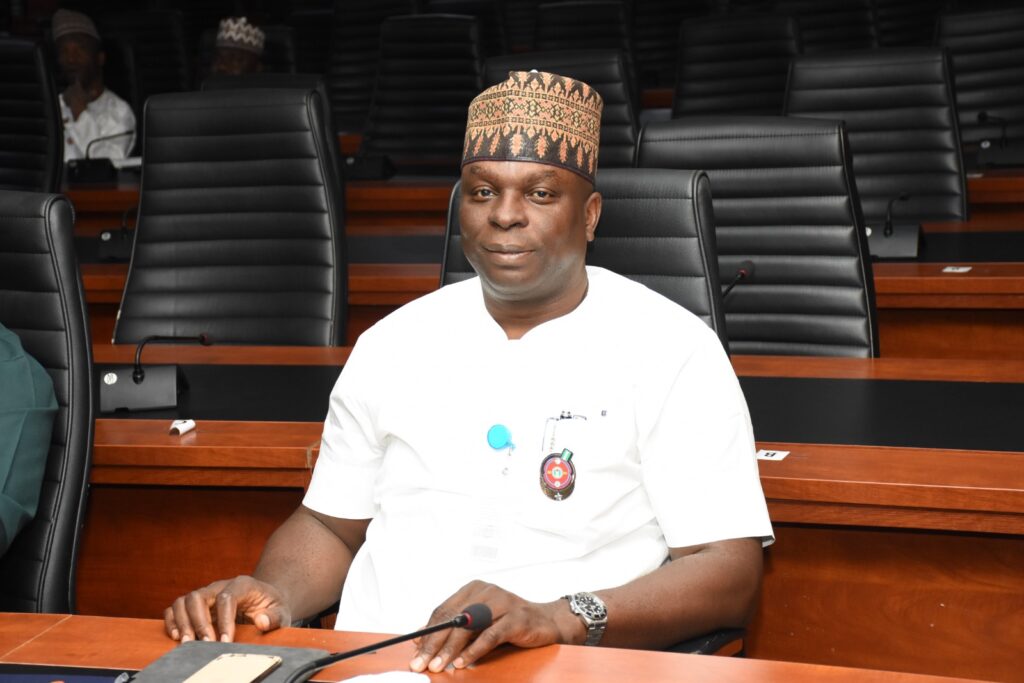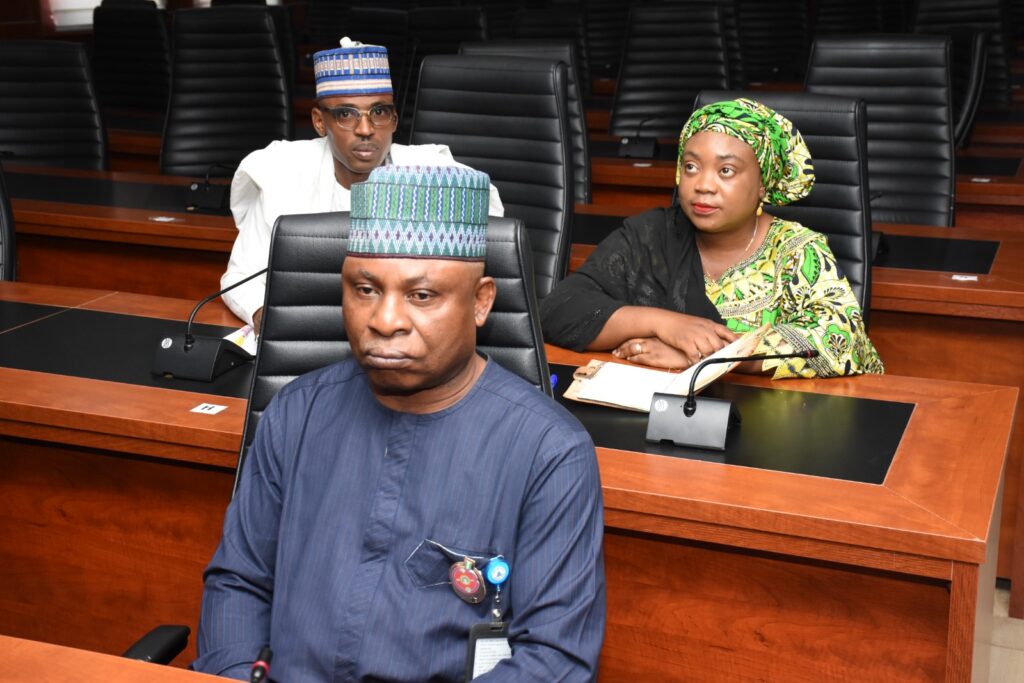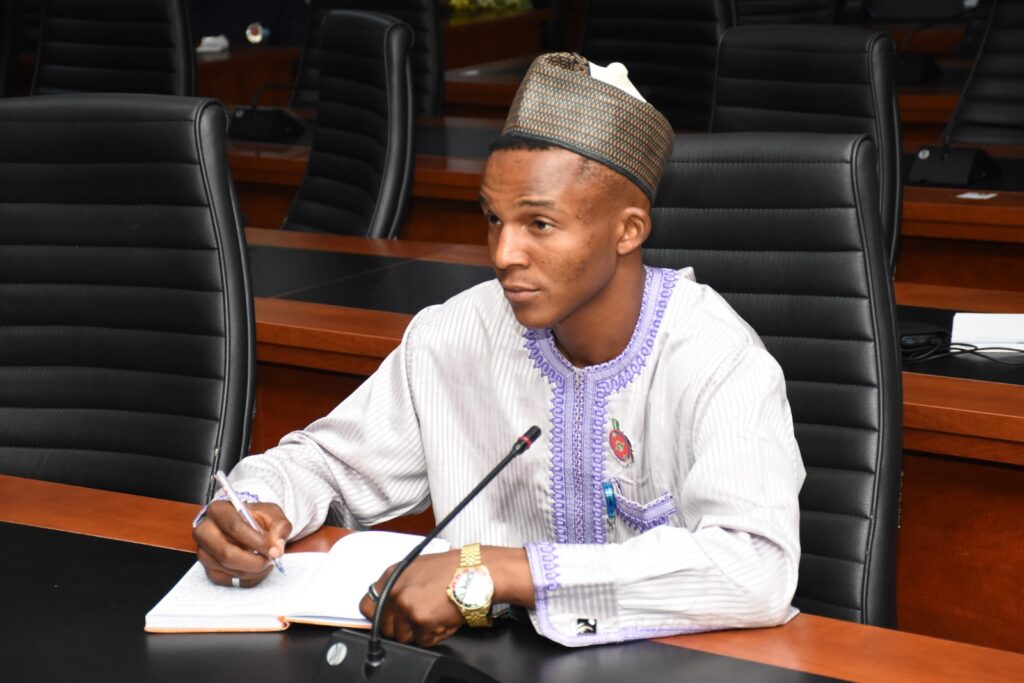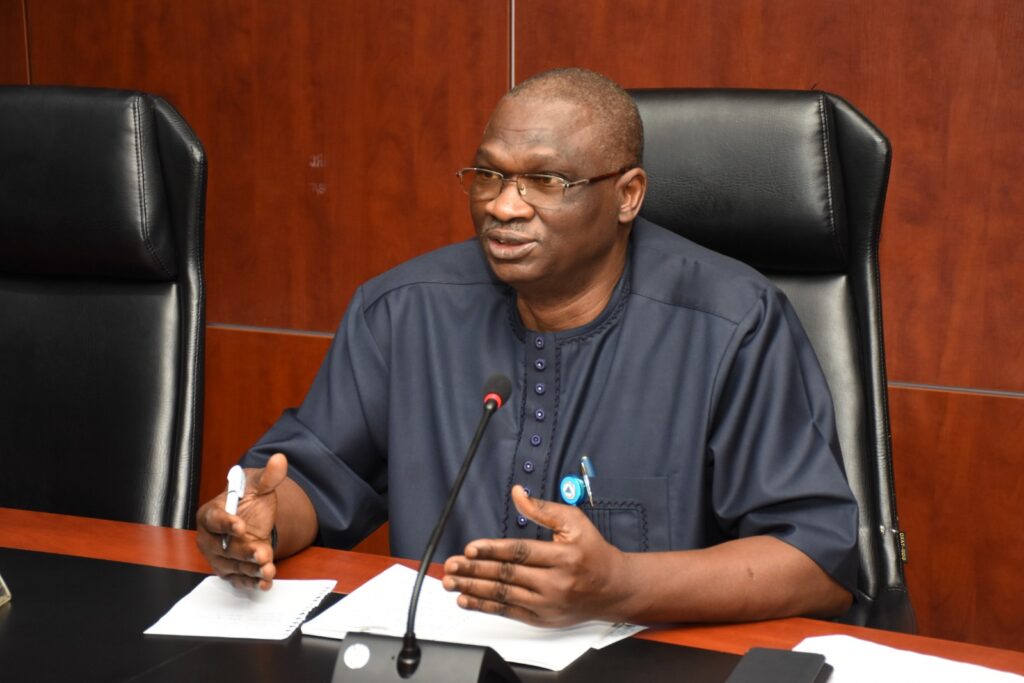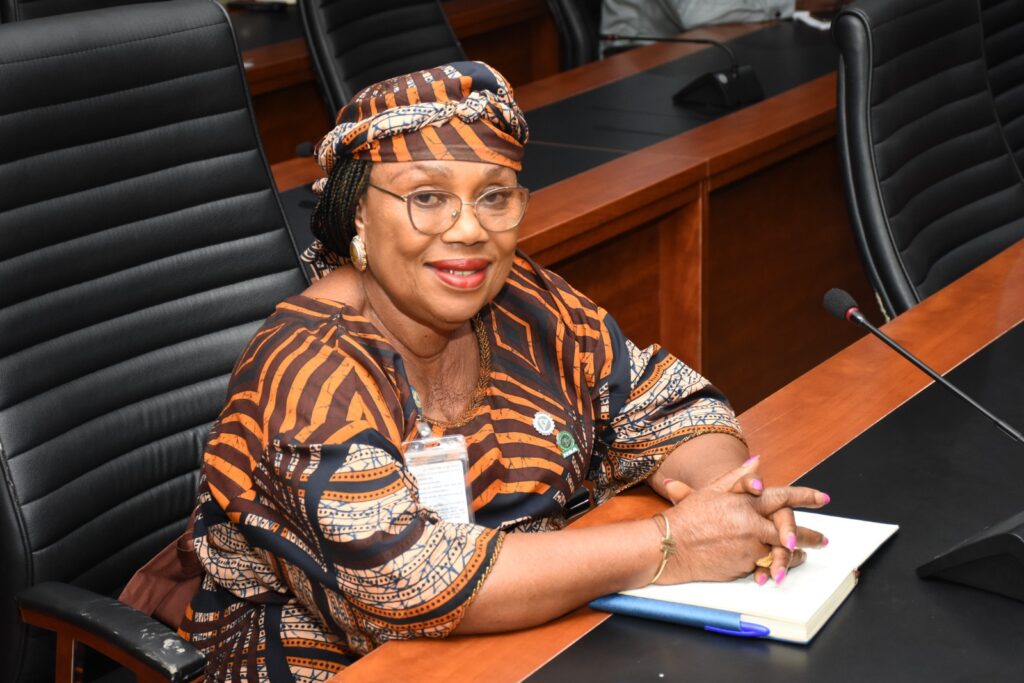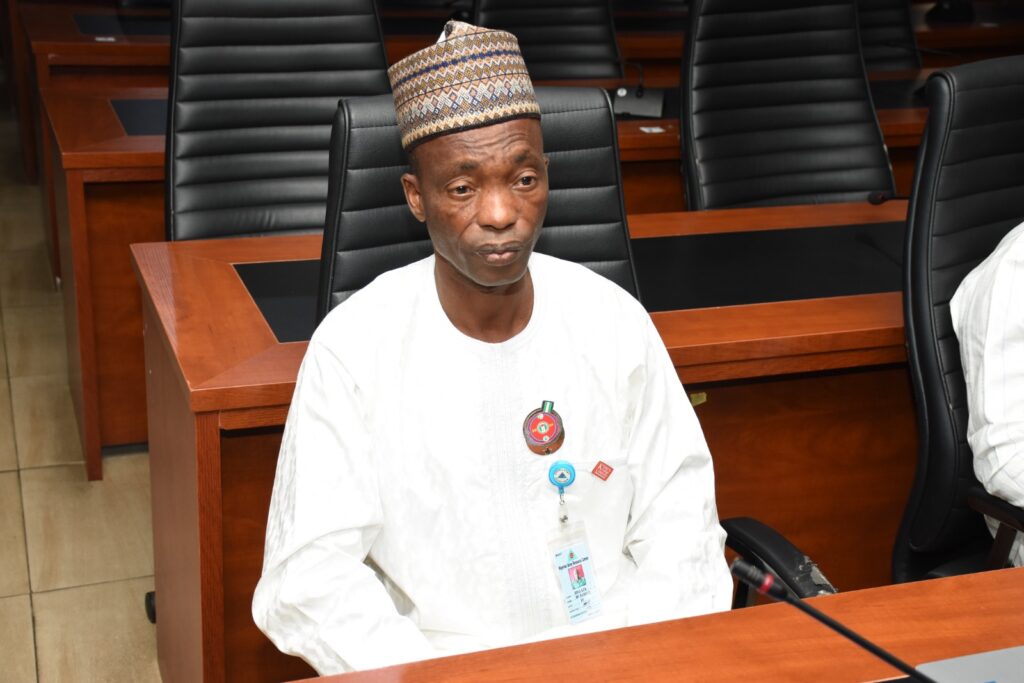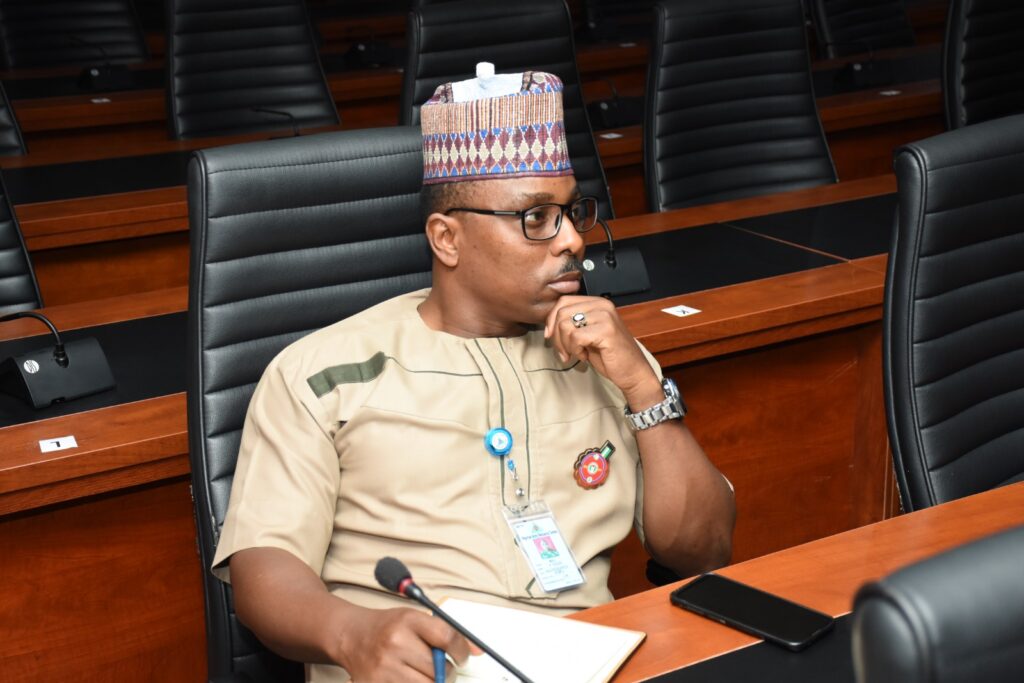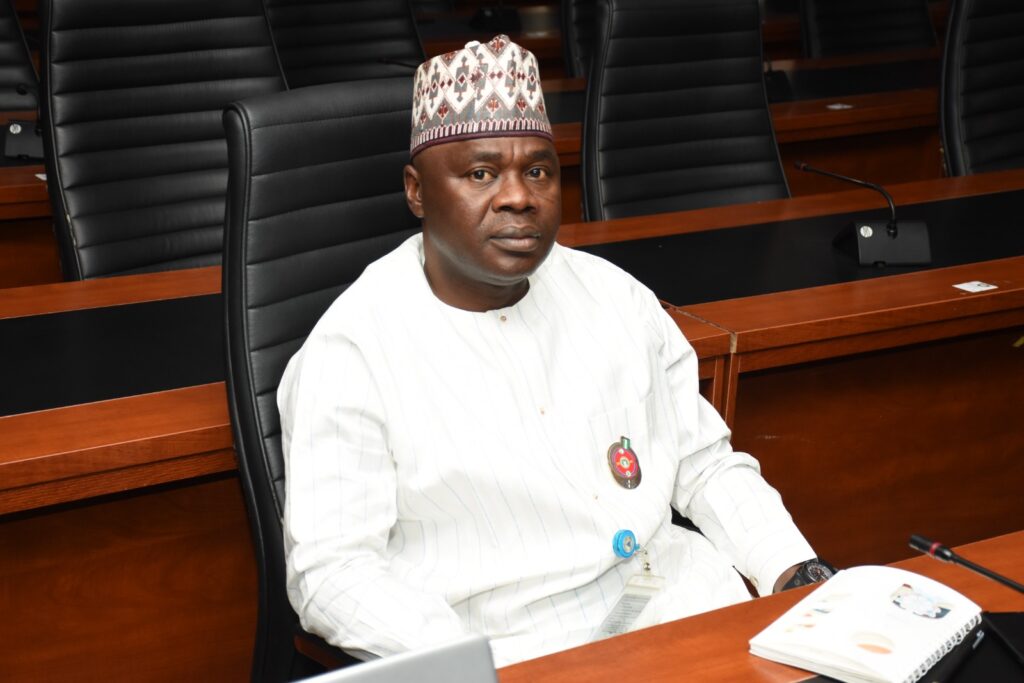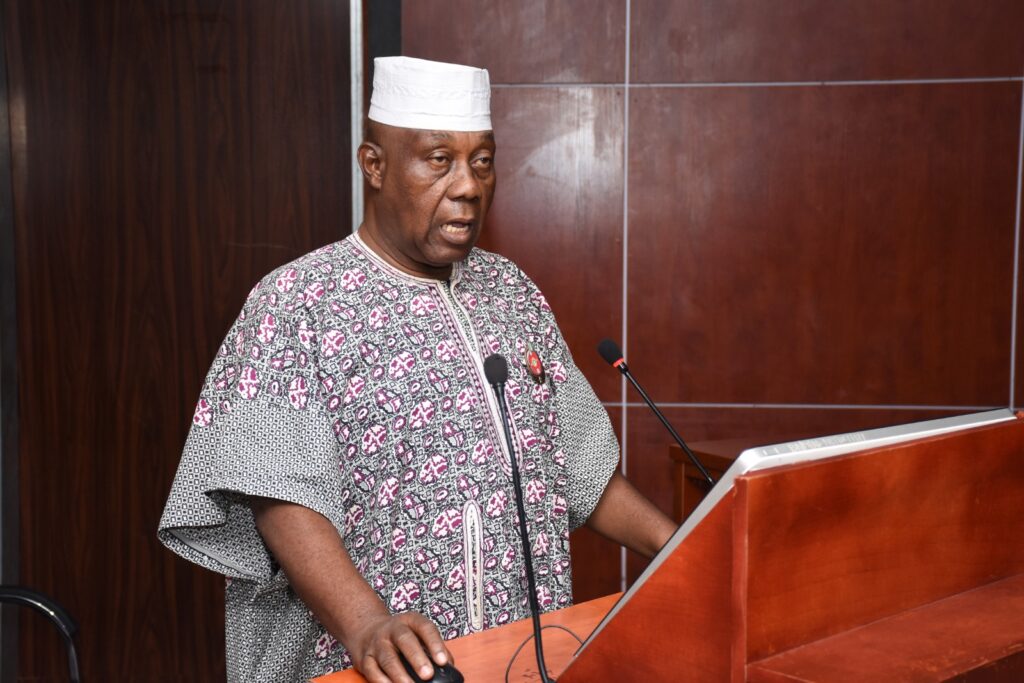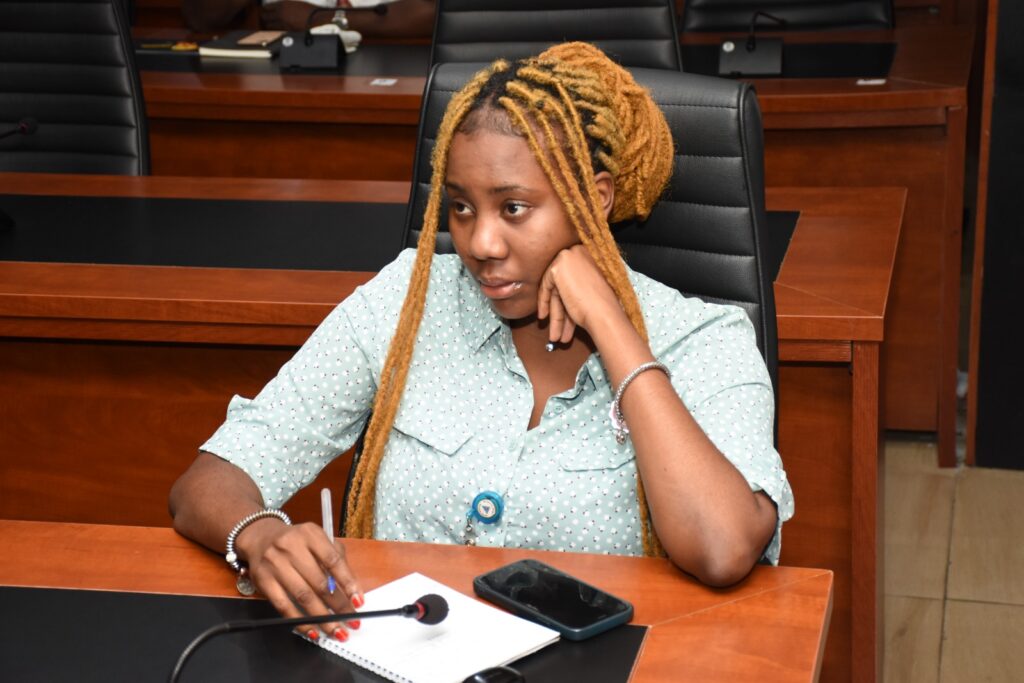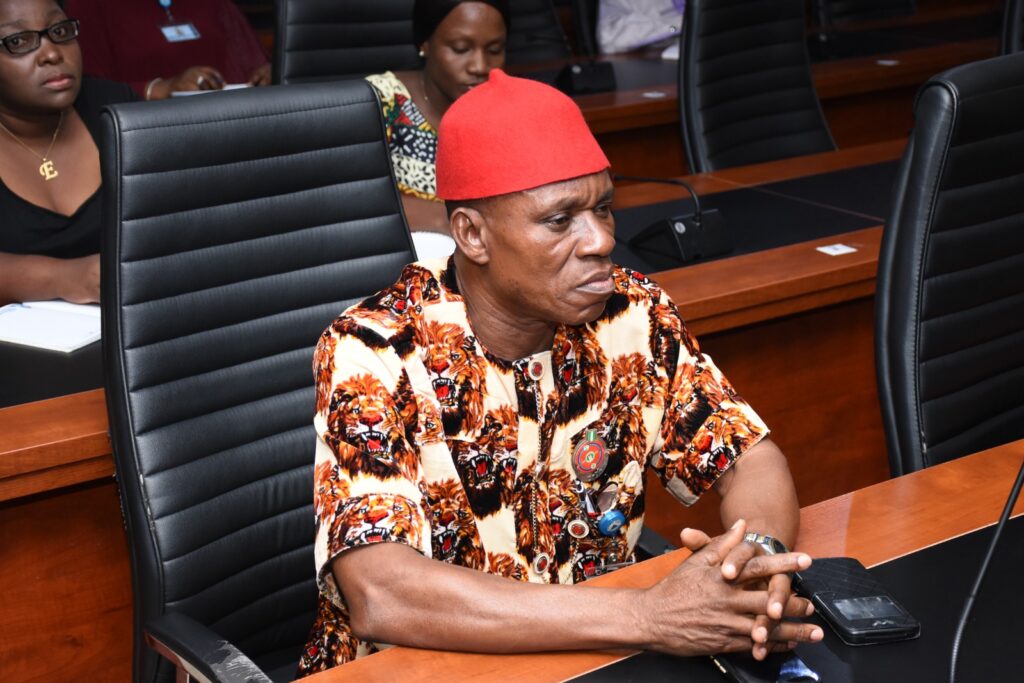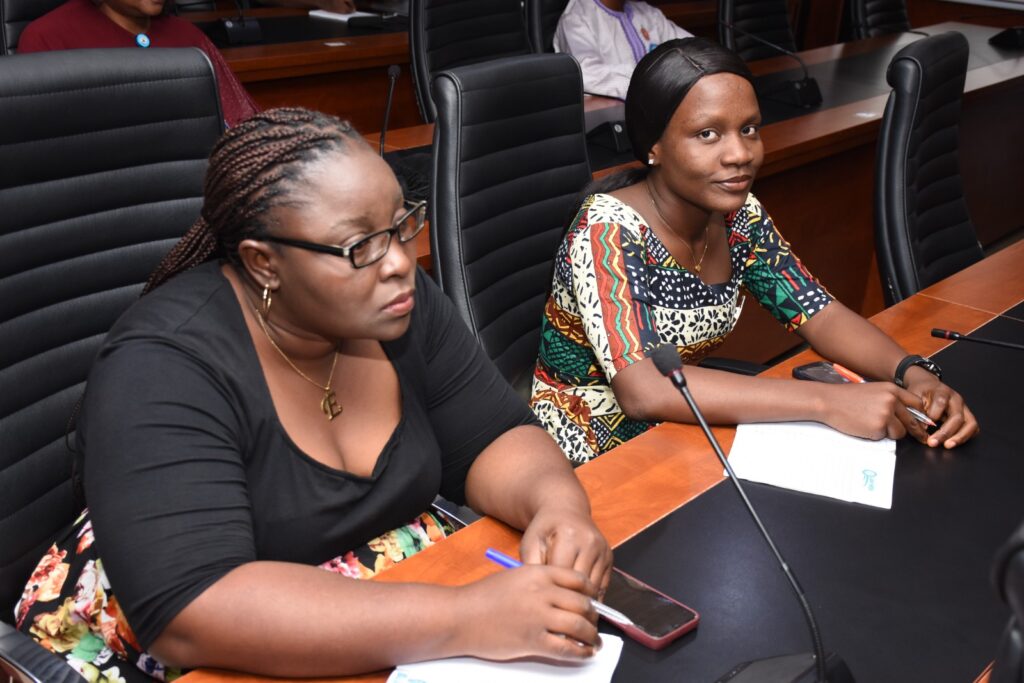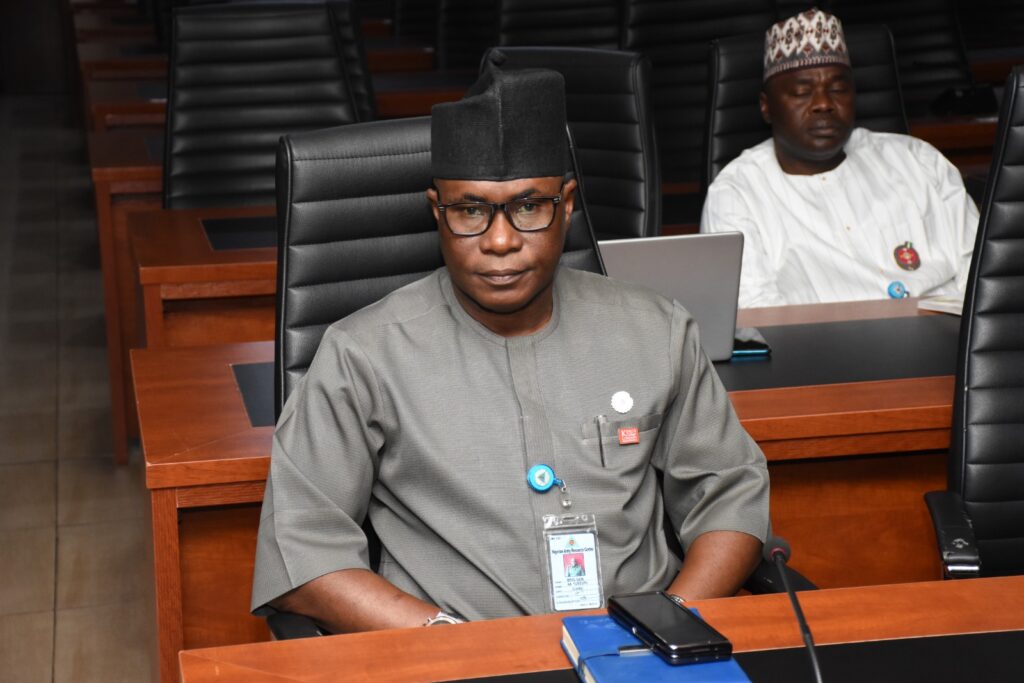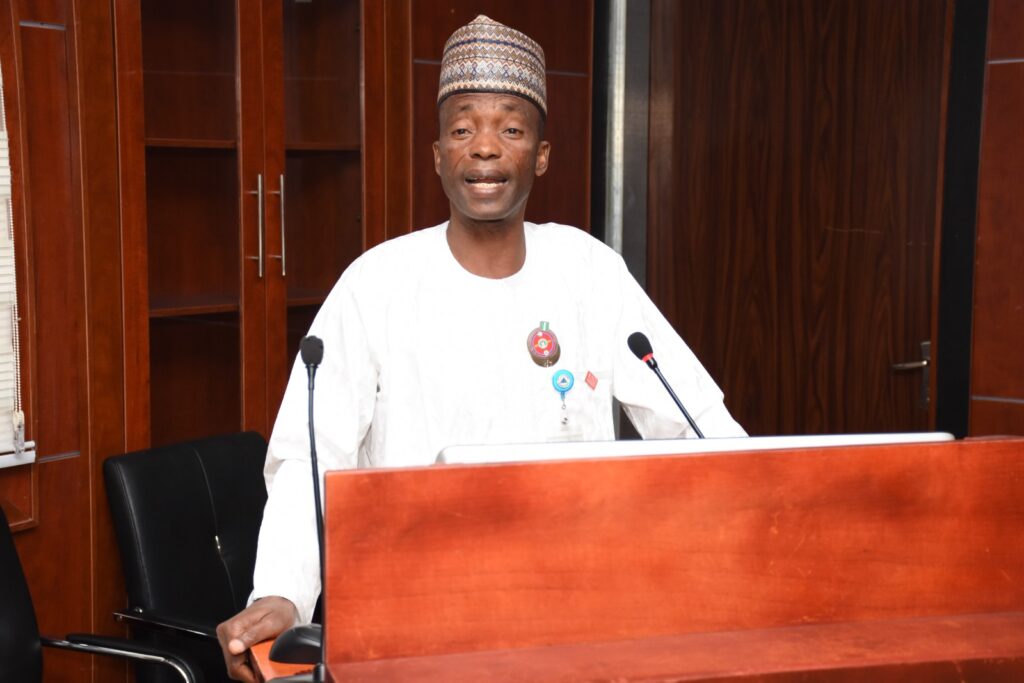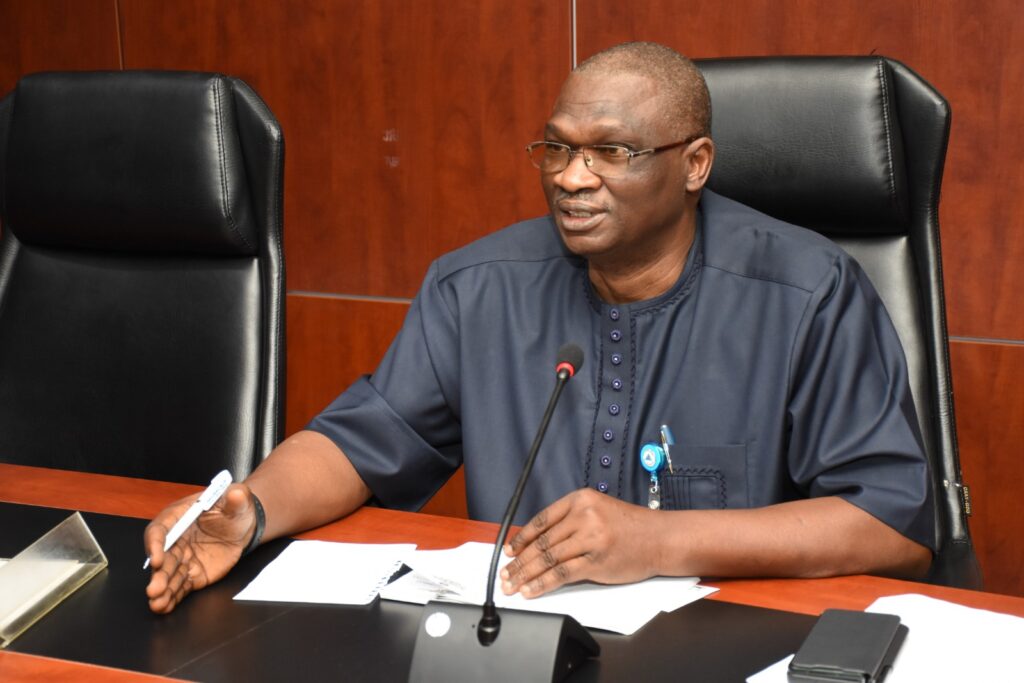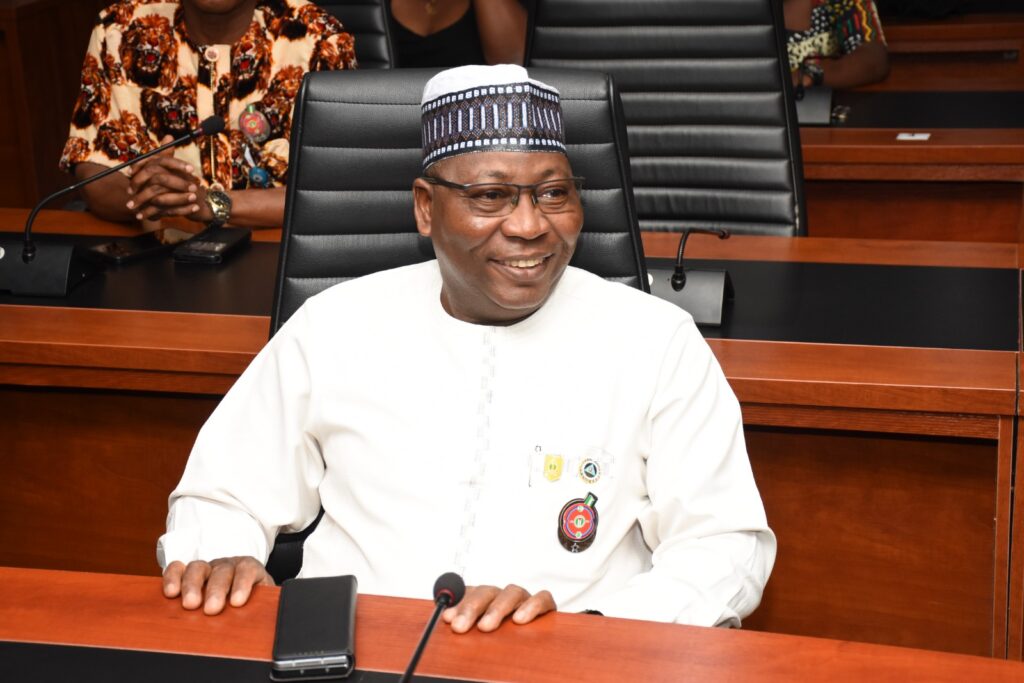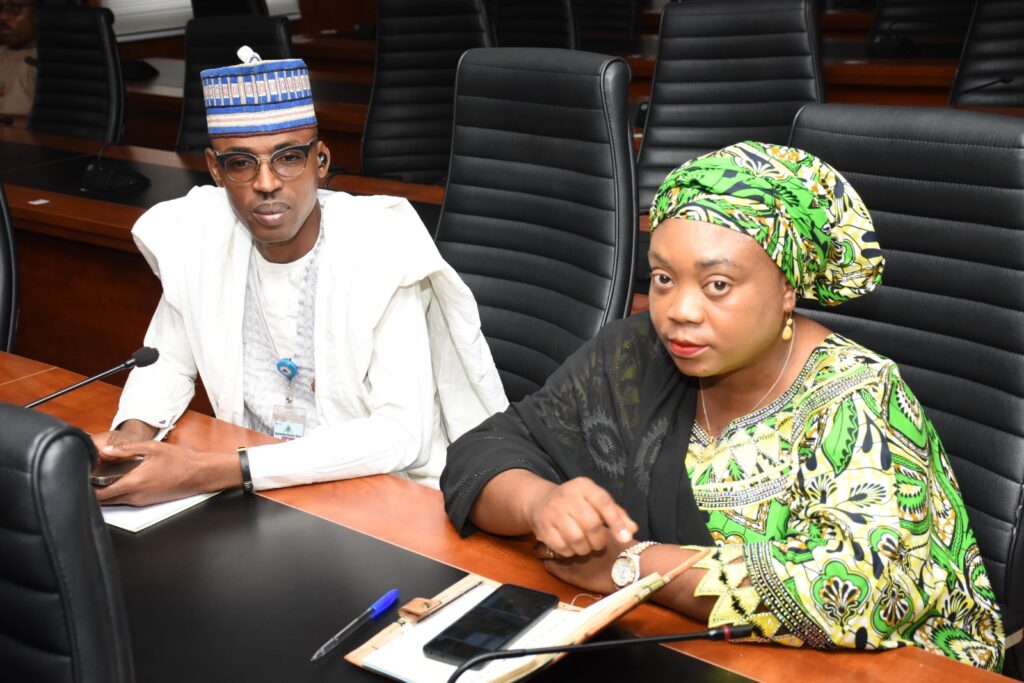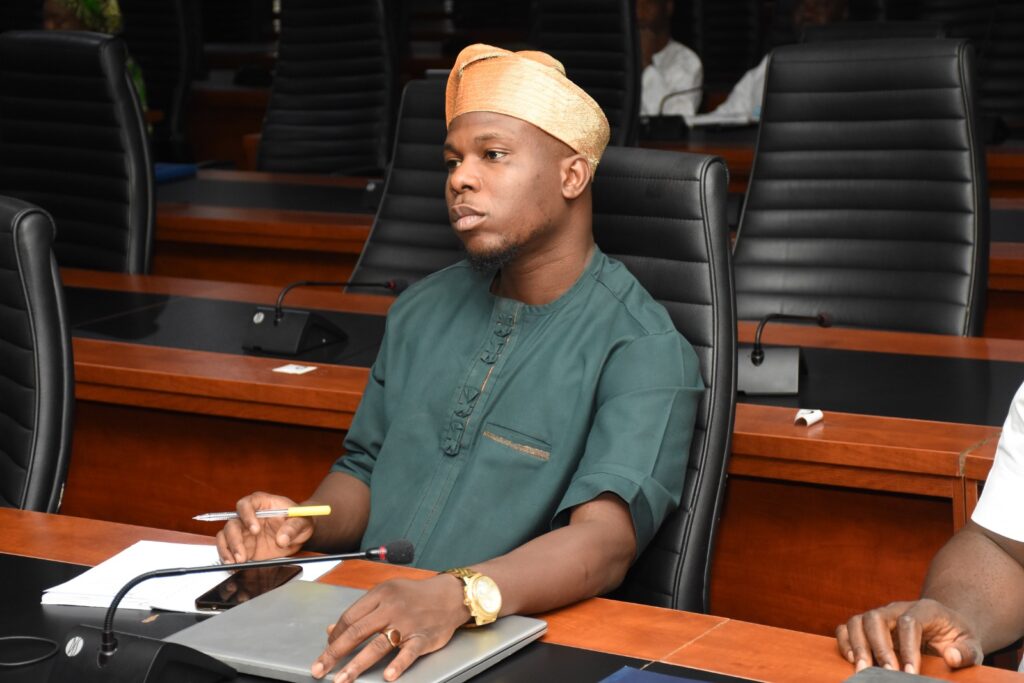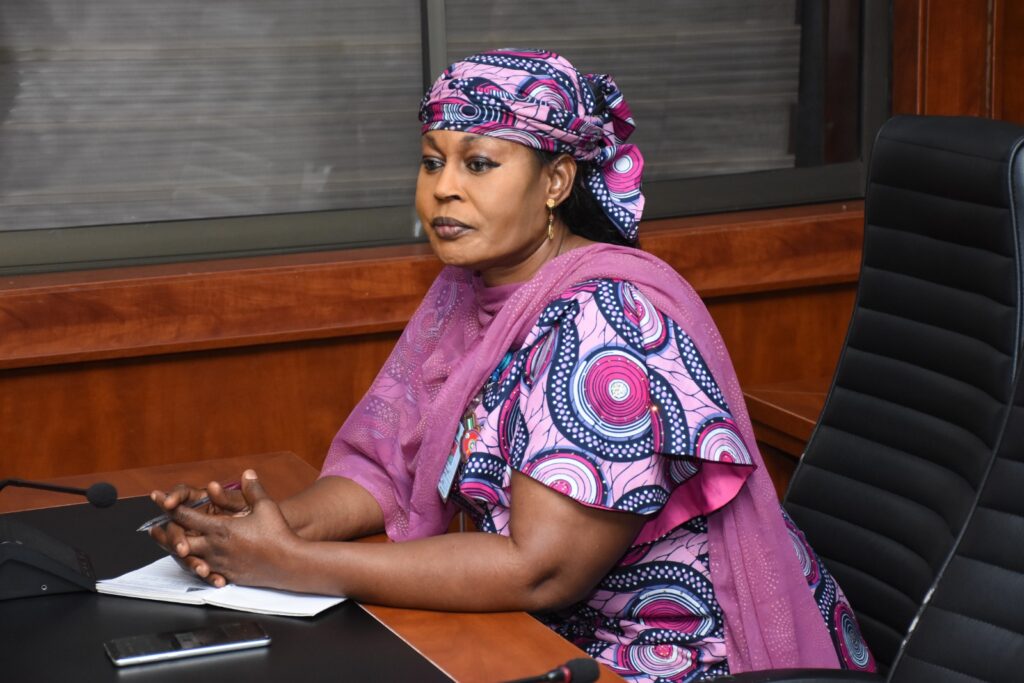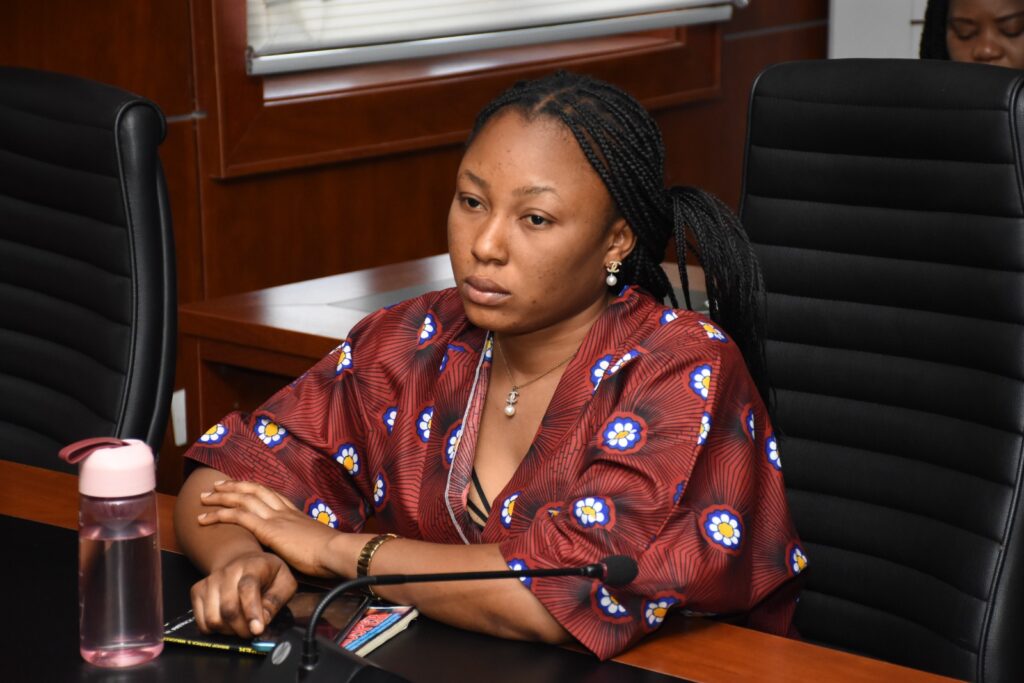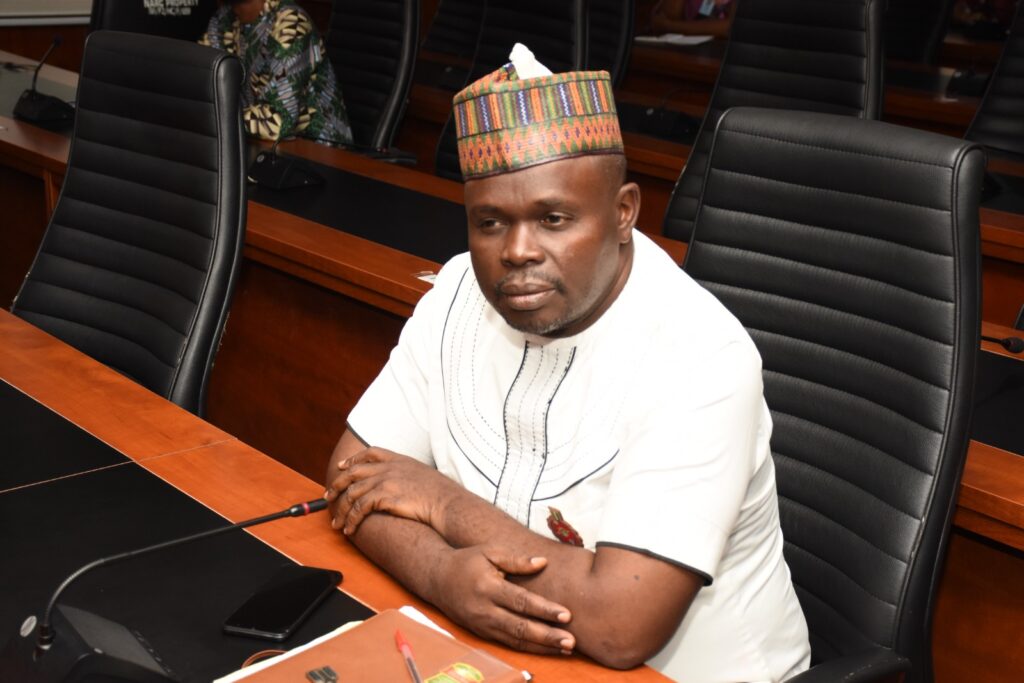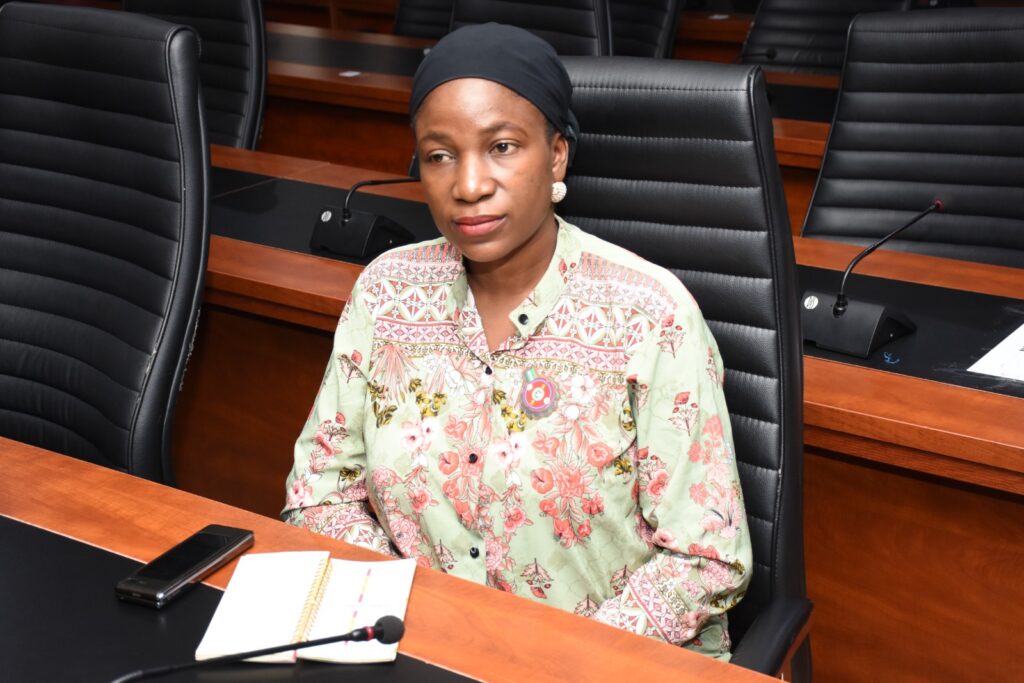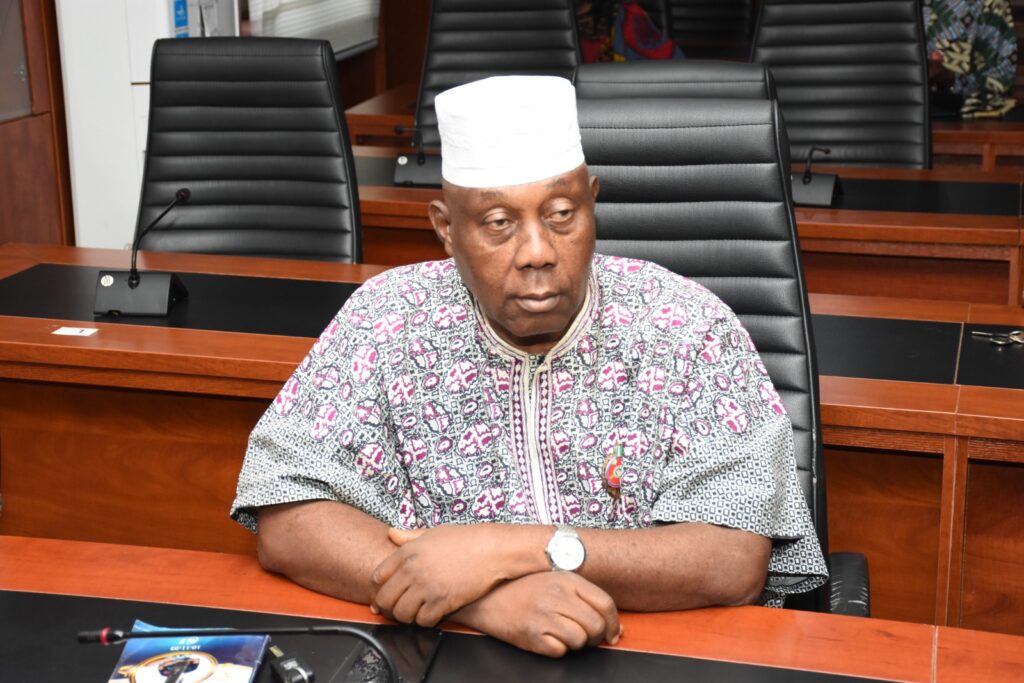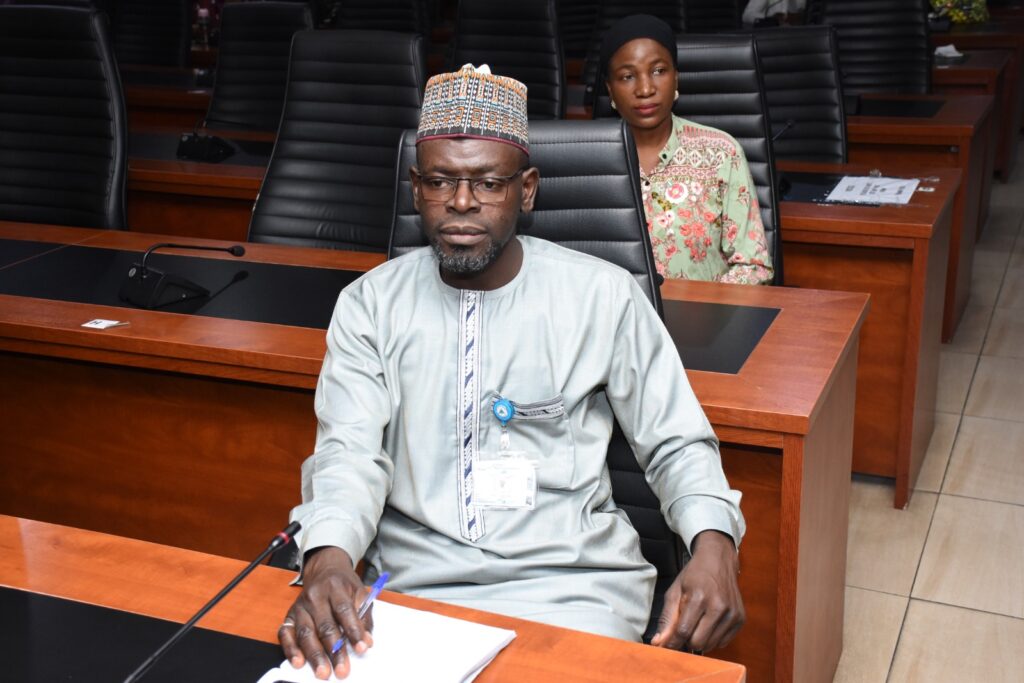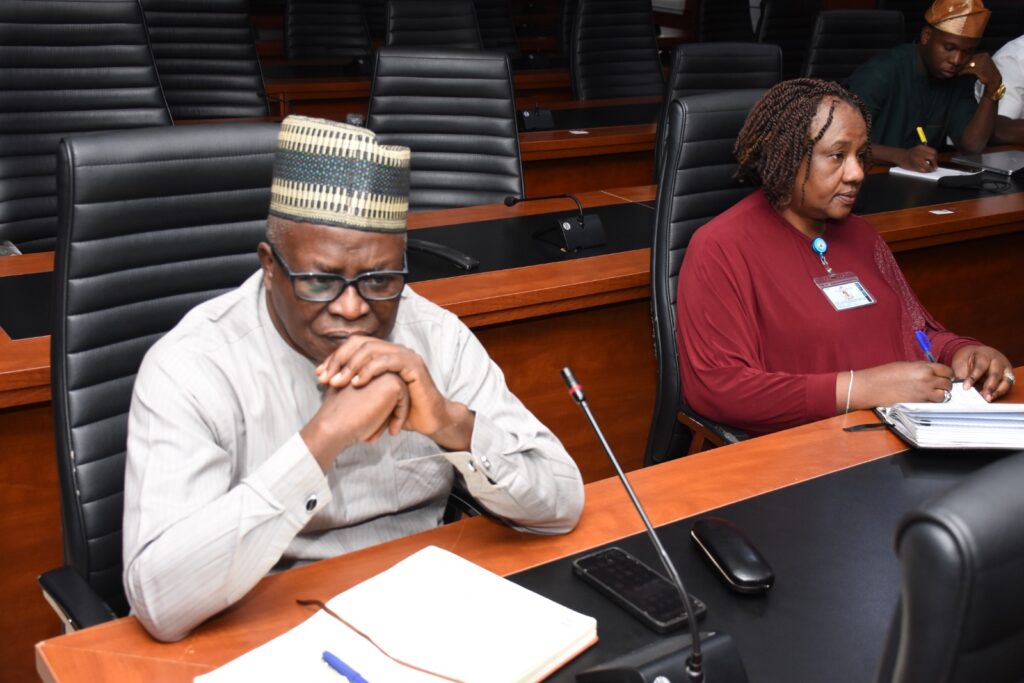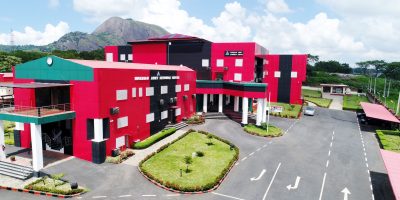Nigerian Army Resource Centre (NARC) Weekly Subject Experts’ Presentation was held at Hall C, TY Buratai Block, and Abuja. There were two presentations made by the Subject Experts on Eastern Europe.
The First presentation was made by Brig Gen AK Egwuagu (rtd) mni subject expert for Eastern Europe. His presentation centered on Russian Air Defence Downs its own su-25 Fighter Jet. Commander of the Ukrainian Air Force, Mykola Oleshchuk recently revealed that Russian anti-aircraft forces shot down another Russian Sukhoi Su-25 fighter jet on 17 December 2023 following an earlier occurrence. According to the General Staff of Ukraine’s Armed Forces, Russia has lost about 325 aircrafts including helicopters since the start of the full-scale invasion of Ukraine in February 2022. This may have been caused by a combination of a high number of losses of fixed-wing aircrafts and a drop in mission-capable rates due to higher-than-normal number of flight hours being flown by the remaining aircrafts.
In his analysis and Lessons for Nigeria, Gen AK Egwuagu noted that the honesty of the Ukrainian Air force Commander at rightly informing the world and the Ukrainian public that the Russian warplanes were brought down by the Russian forces and not Ukraine needs to be commended. The importance of carrying out thorough mental appreciation before going into any battle or military operation, need not be over-emphasized as the huge losses of Russia on military equipment, human and financial resources could have been minimized or completely avoided.
He recommended that the federal government of Nigeria, and the national assembly should approve and provide adequate budgetary provisions for the procurement and maintenance of all military equipment as well as the training needs for the armed forces, the police and other security agencies in line with current realities.
The second presentation was made by Brig Gen MF Babayo subject expert for Nigeria. His presentation focused on Federal Government Welcomes United Nations Decision to Extend Nigeria’s Maritime Border. The United Nations approved extension of Nigeria’s maritime border from 200 Nautical Miles to 220 Nautical Miles on 18 Dec 23. The maritime boundary between countries is a very important issue for coastal states, because they utilize the resources at sea for national growth and development. To this end, United Nations Convention on the Law of the Sea (UNCLOS) established in 1982 with 168 countries, defines various maritime boundaries as the sea baseline from which the seaward limits of a state’s territorial sea, low-water line of a coastal state and other maritime zones of jurisdiction are measured. Nigeria as a coastal state, has maritime boundaries with Cameroon, Benin, Equatorial Guinea, Sao Tome and Principe among others within the Gulf of Guinea.
In his analysis and Lessons for Nigeria, Gen MF Babayo pointed out that Nigeria is entitled to 12 nautical miles, territorial Sea (Article 3), a contiguous zone of 24 nautical miles (Article 33), an Exclusive Economic Zone up to 200 nautical miles from the baselines of where the territorial sea is measured. This gives the Nigerian state sovereign rights for the purpose of exploring, exploiting, conserving and managing the natural resources, whether living or non-living, of the waters seabed and its subsoil with regard to other activities for the economic exploitation and exploration of the zone, such as the production of energy from the water, currents and wind.
He recommended that the federal government of Nigeria to enhance the effectiveness of some of the bilateral and multilateral engagements with clearer domestic legislation and the improvement of institutional capacity and also to effectively employ a renewed diversified focus on both living and non-living resources of the marine environment.
